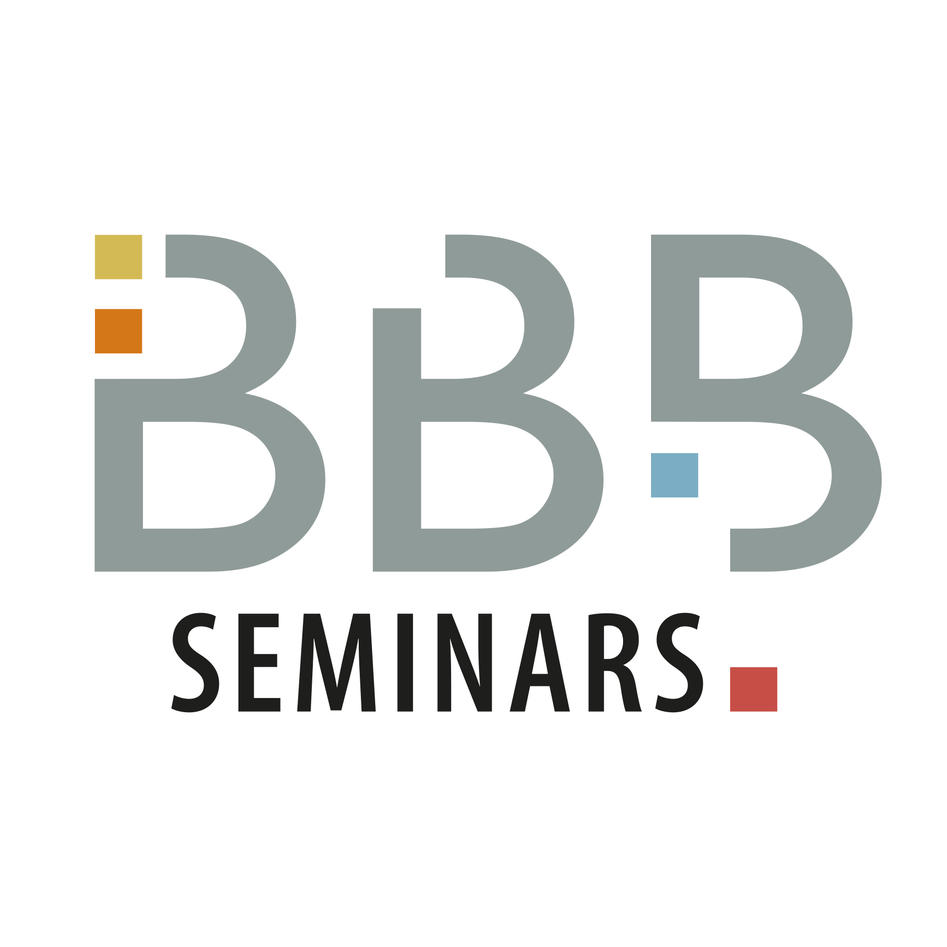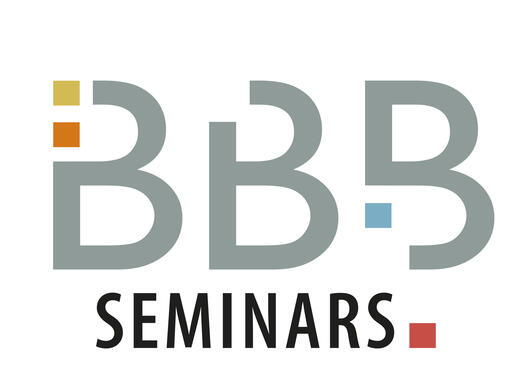BBB seminar: Evandro Fei Fang
NAD+ and all the ‘A’s: ageing, Alzheimer’s disease, autophagy, AI, and an ‘A’ compound in brain health and longevity
Main content
Evandro Fei Fang
NAD+ and all the ‘A’s: ageing, Alzheimer’s disease, autophagy, AI, and an ‘A’ compound in brain health and longevity
Increased lifespan enables people to live longer, but not necessarily healthier lives [1-3]. Ageing is arguably the highest risk factor for numerous human diseases, including Alzheimer’s disease (AD); thus understanding the molecular mechanisms of human aging holds the promise of developing interventional and therapeutic strategies for many diseases simultaneously, promoting healthy longevity. Accumulation of damaged mitochondria is a hallmark of aging and age-related AD. However, the molecular mechanisms of impaired mitochondrial homeostasis and their relationship to AD are still elusive. Mitochondrial autophagy (mitophagy) is the cellular self-clearing process that removes damaged and superfluous mitochondria, and therefore plays a fundamental role in maintaining neuronal homeostasis and survival [1, 4, 5]. We hypothesize that age-susceptible defective mitophagy causes accumulation of damaged mitochondria, first in the high energy-demanding and ‘fragile’ entorhinal cortex Layer II region, leading to inflammation, senescence, and finally cellular dysfunction and/or death; this age-related risk combines with genetic and environmental risks causing AD and its progression [6]. Restoration of mitophagy/autophagy, through pharmaceutical (e.g., NAD+, passion fruit components, and urolithin A) and genetic approaches, forestalls pathology and cognitive decline in mouse models of AD and improves neuronal function in AD iPSC-derived neurons [7-9]. Additionally, artificial intelligence (AI) is now being used to propel drug screening, as well as being used for drug design specifically targeting AD and ageing pathways [10]. The Evandro Fang lab is now leading/involved in several clinical trials looking into the use of NAD+ precursors to treat AD and premature ageing diseases, among others.
References:
[1] Fang, E.F. et al. A research agenda for ageing in China in the 21st century (2nd edition): Focusing on basic and translational research, long-term care, policy and social networks. Ageing Res Rev 64, 101174 (2020).
[2] Fang, E.F. et al. A research agenda for aging in China in the 21st century. Ageing Res Rev 24, 197-205 (2015).
[3] Fu, L. et al. Global, regional, and national burden of HIV and other sexually transmitted infections in older adults aged 60-89 years from 1990 to 2019: results from the Global Burden of Disease Study 2019. Lancet Healthy Longev 5, e17-e30 (2024).
[4] Aman, Y. et al. Autophagy in healthy ageing and disease. Nat Aging 1, 634-650 (2021).
[5] Fang, E.F. et al. Defective mitophagy in XPA via PARP-1 hyperactivation and NAD(+)/SIRT1 reduction. Cell 157, 882-896 (2014).
[6] Kobro-Flatmoen, A. et al. Re-emphasizing early Alzheimer's disease pathology starting in select entorhinal neurons, with a special focus on mitophagy. Ageing Res Rev 67, 101307 (2021).
[7] Fang, E.F. et al. Mitophagy inhibits amyloid-beta and tau pathology and reverses cognitive deficits in models of Alzheimer's disease. Nat Neurosci 22, 401-412 (2019).
[8] Lautrup, S., Sinclair, D.A., Mattson, M.P. & Fang, E.F. NAD(+) in Brain Aging and Neurodegenerative Disorders. Cell Metab 30, 630-655 (2019).
[9] Cao, S.Q., Aman, Y., Fang, E.F. & Tencomnao, T. P. edulis Extract Protects Against Amyloid-beta Toxicity in Alzheimer's Disease Models Through Maintenance of Mitochondrial Homeostasis via the FOXO3/DAF-16 Pathway. Mol Neurobiol (2022).
[10] Xie, C. et al. Amelioration of Alzheimer's disease pathology by mitophagy inducers identified via machine learning and a cross-species workflow. Nat Biomed Eng 6, 76-93 (2022).
Chairperson: Mathias Ziegler, Department of Biomedicine

